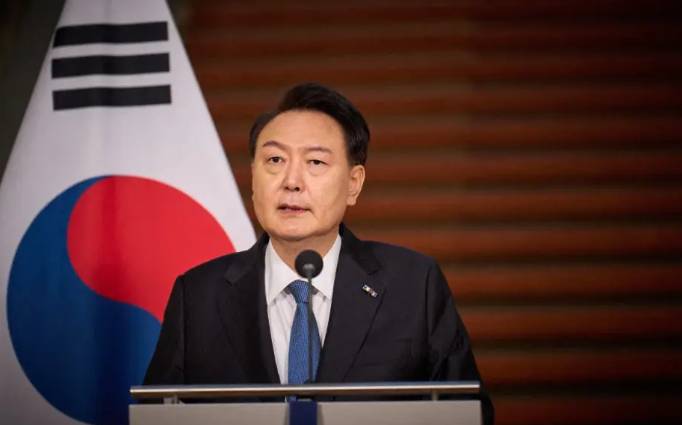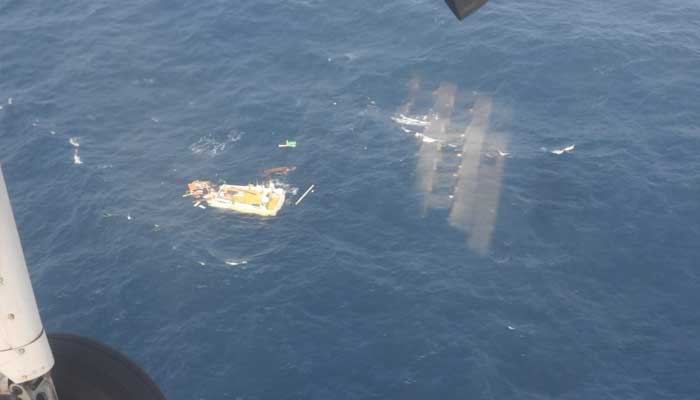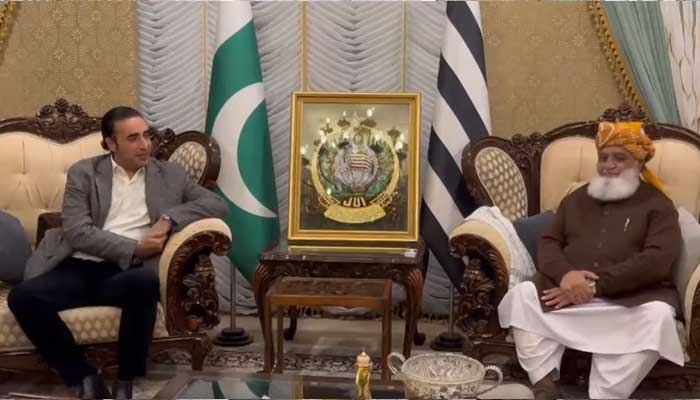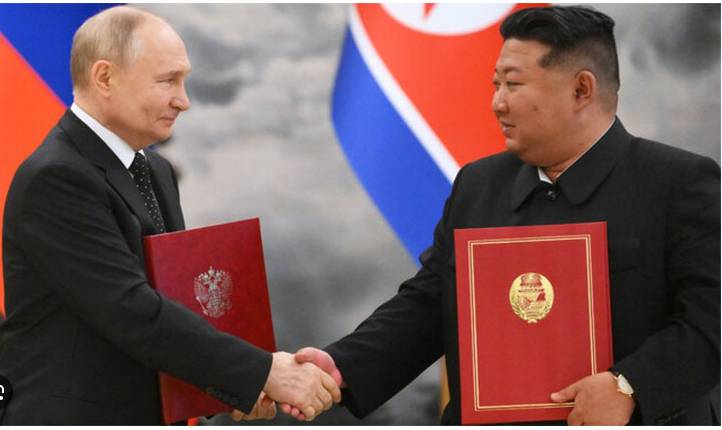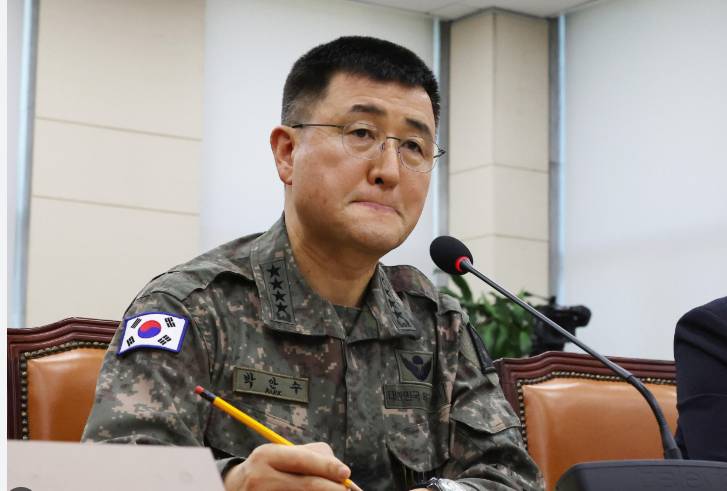Sir Keir Starmer has insisted many civil servants want change, after he was accused of using “Trumpian language” in his criticism of Whitehall.
In a speech setting out his priorities for government on Thursday, the prime minister said “too many people in Whitehall are comfortable in the tepid bath of managed decline”.
Dave Penman, general secretary of the FDA union, which represents senior civil servants, said the PM’s comments were “astonishing” and “really damaging”.
He told BBC Newsnight civil servants “feel a sense of betrayal”.
“In the early days of this government, ministers were walking around departments saying, ‘we’re not going to be like the previous administration, we’ve got your back’,” he said.
“And yet here we are five months in with that Trumpian language that is getting used.”
Asked if it was wise to pick a fight with the civil service, Sir Keir told reporters: “I’ve worked with civil servants when I was the chief prosecutor and obviously [I’m] working with them again now and I know that they bring a strong sense of public service to everything that they do.
“But at the same time I also know that we’ve got to press through reform, we’ve got to deliver government in a better way.”
He added: “I think lots of civil servants will say good, great, give us the leadership, we want that change too.”
Some senior government sources have told the BBC that Labour has been disappointed by the quality of the civil service since taking office in July.
But Mr Penman said that to achieve the government’s aims and reform public services “you need to bring [civil servants] with you”.
“Cabinet ministers are going to have to deliver on the ground and they’re going to have to work with civil servants and they’re going to have to repair the damage that’s been done by the prime minister’s words,” he added.
Mr Penman acknowledged Whitehall could be slow to get things done, and civil servants were also “frustrated” about this.
However, he said productivity had declined for many reasons, including a high turnover of ministers.
Mr Penman has written to the prime minister to express his concerns, urging him to “work to immediately rebuild trust” with civil servants.
Other unions representing civil servants also criticised Sir Keir’s comments.
PCS general secretary Fran Heathcote said: “One of the reasons trust in politics is so low is because of politicians’ refusal to be accountable for anything. It’s always someone else’s fault.
“To blame civil servants, who every day work above and beyond to keep the country running, for failing to deliver reform is inaccurate and, worse, cowardly.”
Steve Thomas, deputy general secretary of Prospect, said: “Blaming the civil service for failures in policy delivery is an easy thing to do and is wide of the mark.
“Reform may well be necessary, indeed civil service unions have been saying for years that we stand ready to work with the government on how best to do that.”
In his speech, Sir Keir set out six targets the government is aiming to meet before the next election, covering the economy, housebuilding, the NHS, policing, pre-school education and green energy.
As well as being designed to offer more clarity about the direction of his government, the speech had a secondary aim of galvanising the civil service.
The PM said the plan would “land on desks around Whitehall with the heavy thud of a gauntlet being thrown down”.
Donald Trump swept to victory in the US elections with a promise to reshape the government and dismantle what he calls the “deep state” in Washington DC.
The president-elect has talked in the past of “draining the swamp”, in his plans to cut bureaucracy and spending.
Sir Keir echoed the phrase in his speech, saying “I don’t think there is a swamp to be drained here” but he did make clear his frustration with the efficiency of civil servants tasked with putting his government’s polices into action.






